Dental Implants in Oadby, Leicester
Missing teeth can affect your appearance and self-confidence. Dental implants offer a reliable solution to help you regain a complete smile. Visit us in Oadby, Leicester, to restore your teeth and improve your quality of life.

Protect your own teeth
Implants don’t rely on other teeth, keeping your healthy teeth untouched.

Keep your face shape
Prevents bone loss, avoiding the “sunken” look from missing teeth.

Body-friendly material
Made from titanium, which is safe and easily accepted by the body.

Easy to care for
No special cleaning needed; just brush and floss like normal teeth.

What are dental implants?
Dental implants are small titanium posts that act like artificial tooth roots, placed gently into the jaw to support new teeth. Over time, they bond naturally with the bone, providing a strong and secure foundation for a variety of restorations, such as crowns, dentures, or bridges. This creates a stable and comfortable result that feels just like natural teeth.
Who is a good candidate for implants?
To determine if dental implants are right for you, we conduct a thorough examination of your oral health, including an assessment of your jawbone. Ideal candidates have sufficient bone density to support the implants. If you have a narrow jawbone or limited space between the jaw and sinus, alternative options may be considered.
What types of dental implants do we offer?
At Smile Perfections in Oadby, Leicester, we offer various dental implant solutions!
Ideal for replacing a single missing tooth, this involves placing one implant topped with a custom-made crown. The result is a natural-looking tooth replacement that blends seamlessly with your existing teeth, allowing you to smile and eat with confidence.
For patients missing several teeth, multiple implants can be placed to support individual crowns or a bridge. This option provides a sturdy and secure alternative to traditional bridges, without relying on adjacent healthy teeth for support.
For full arch replacement, our Teeth-in-a-Day (All-on-4 and All-on-6) solutions provide a complete set of new teeth in one visit. With four or six strategically placed implants, we secure a full arch for a functional and natural-looking smile the same day.

Bringing smiles to life!
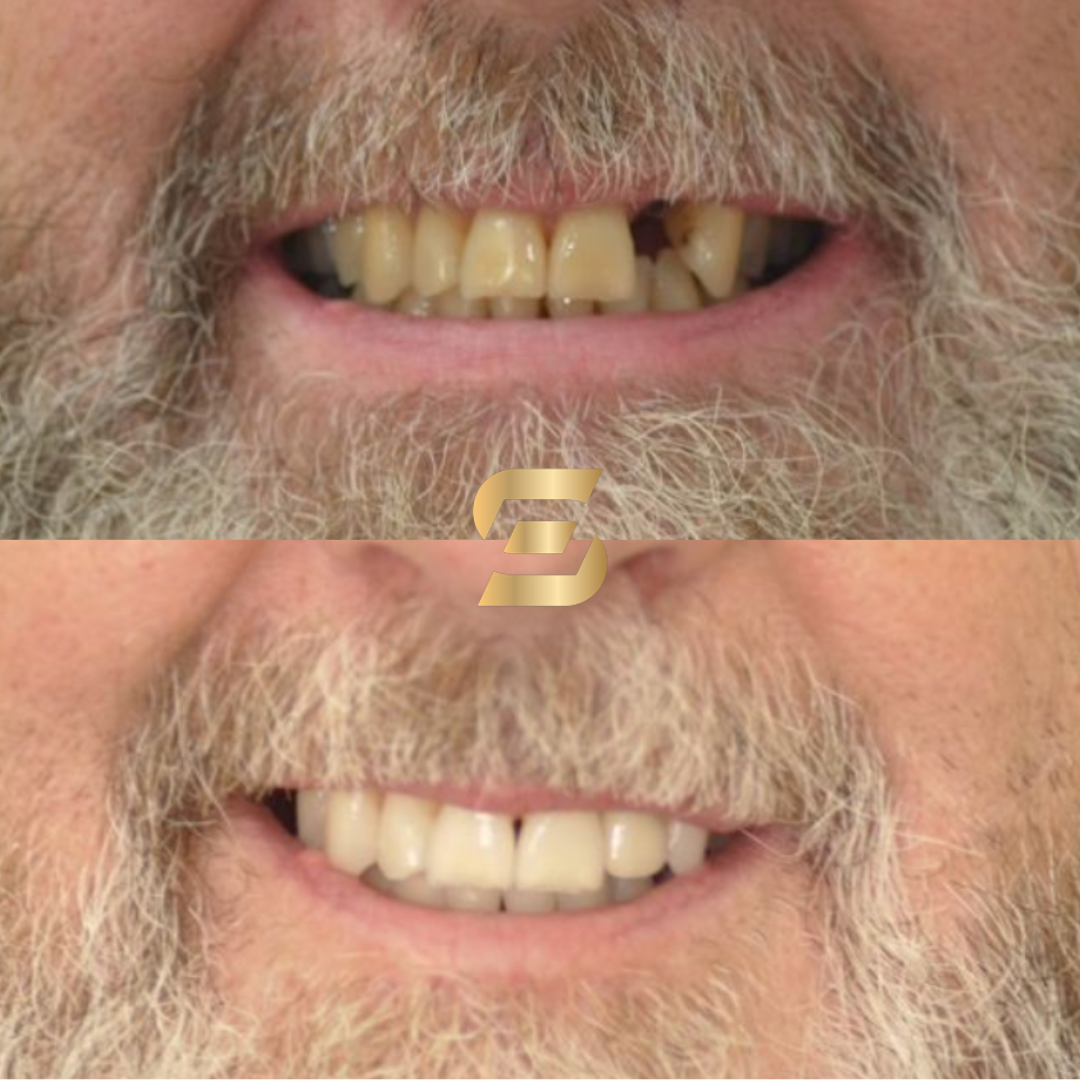
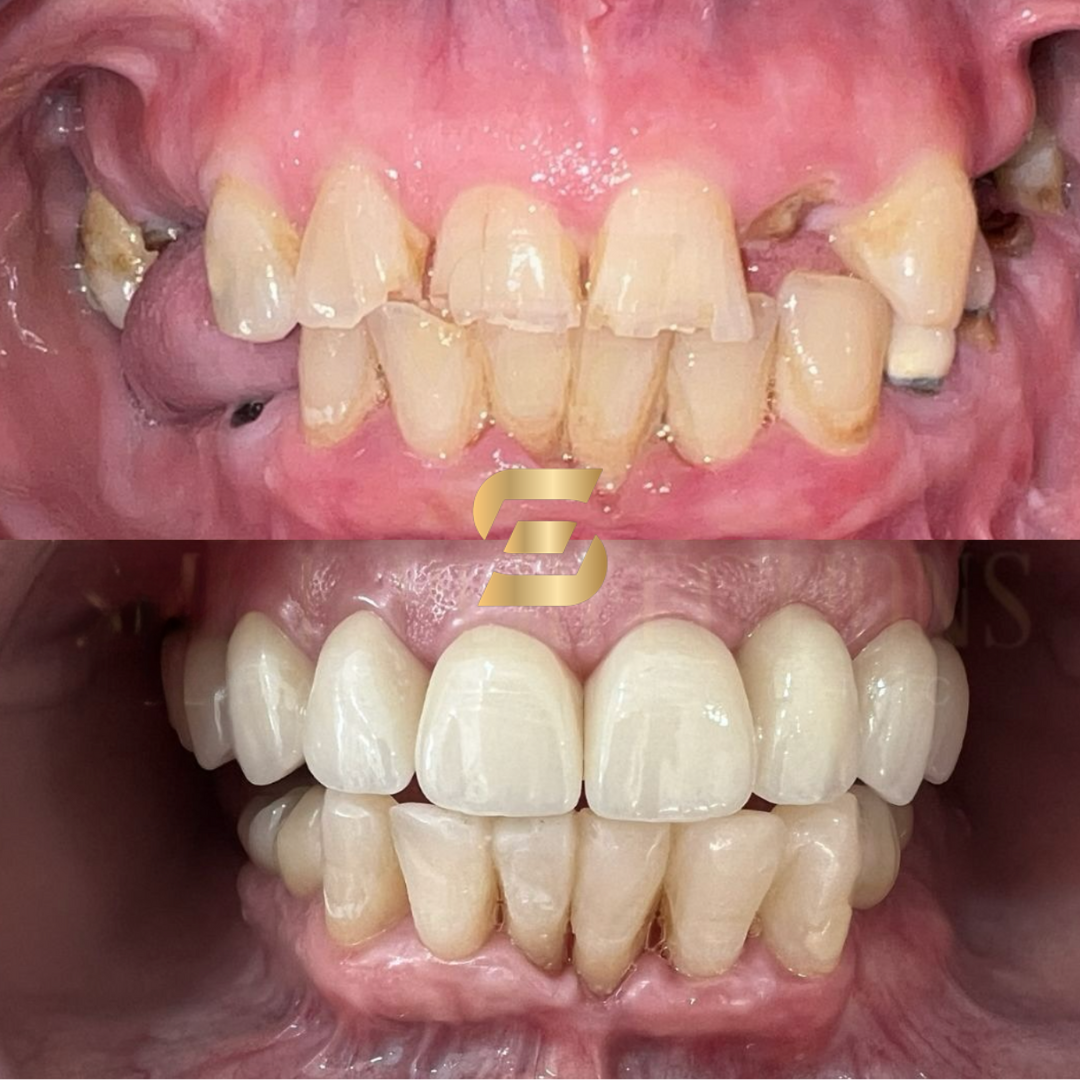
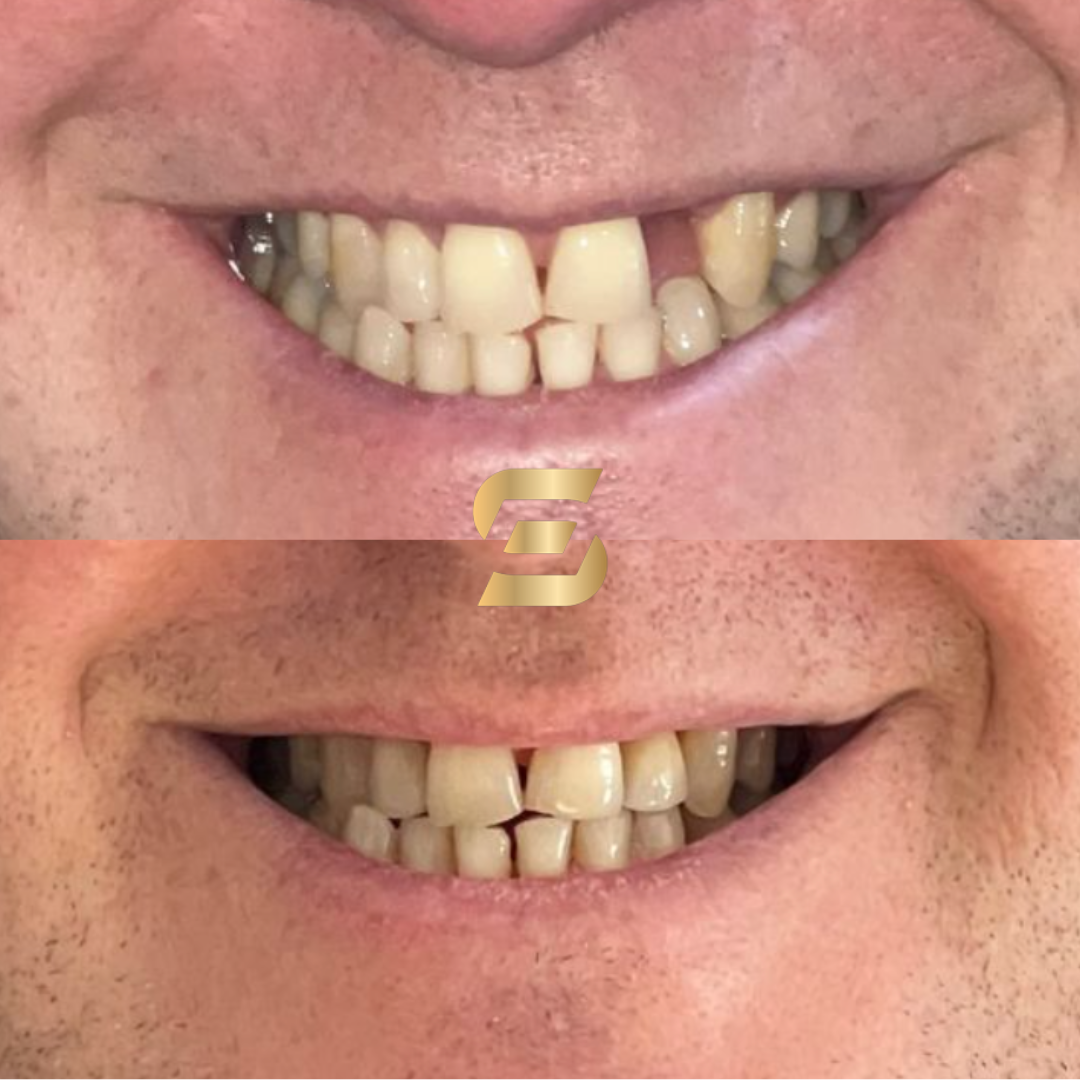
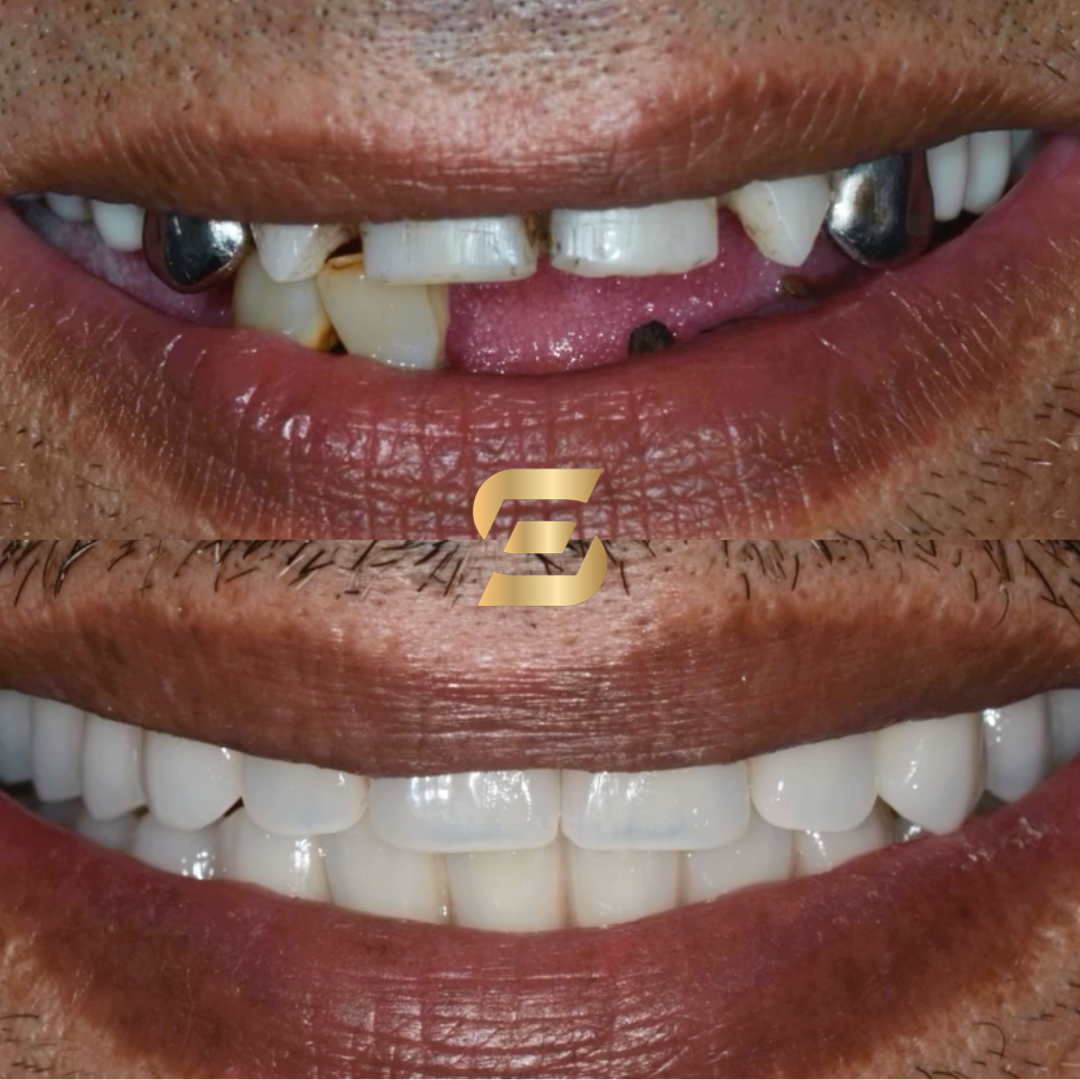
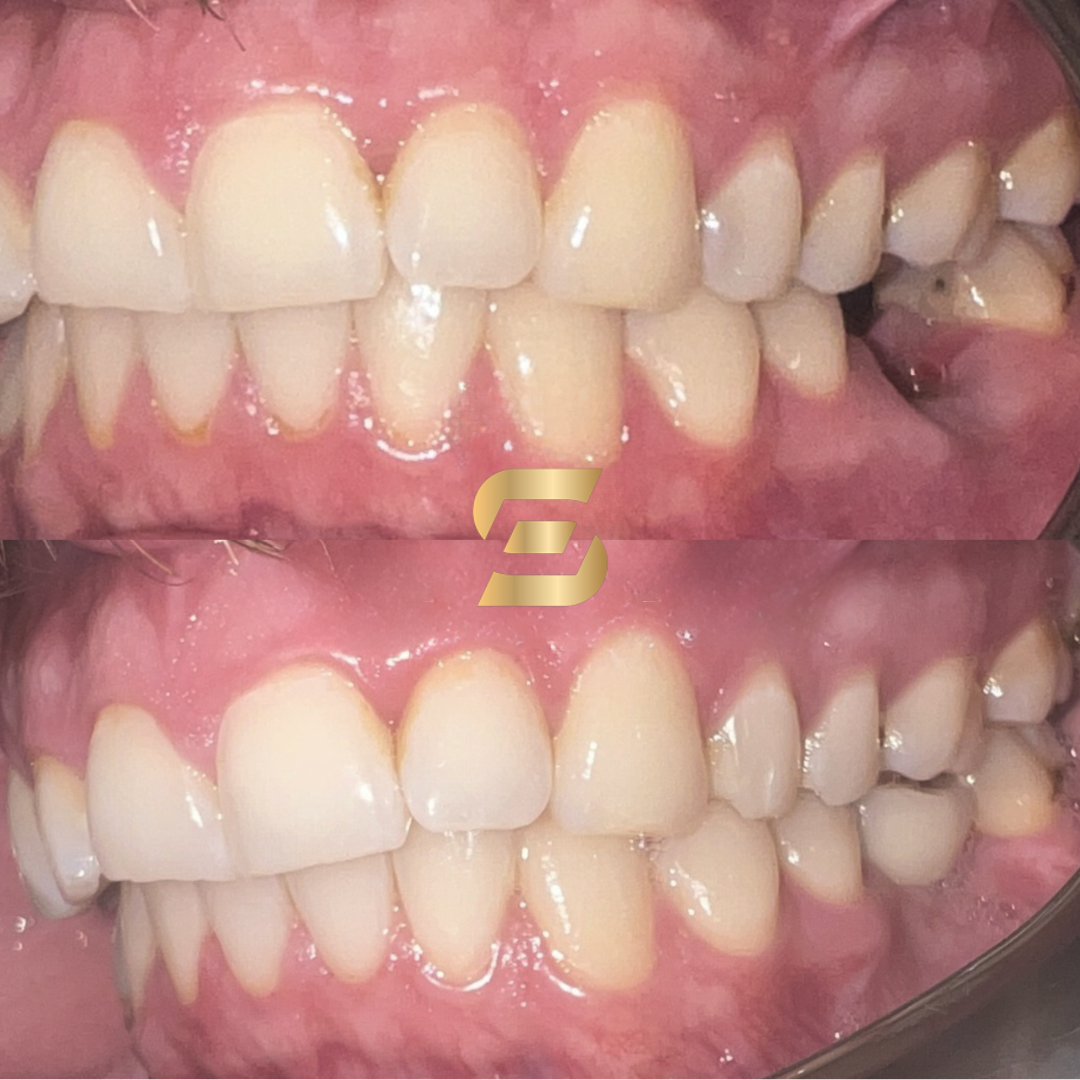





Why choose dental implants at Smile Perfections?
Missing teeth can do more than affect your smile—they can change the way you eat, speak, and feel. Our dental implants provide a lasting solution that looks, feels, and functions like natural teeth. Enjoy a renewed sense of comfort and confidence with a treatment that fits seamlessly into your lifestyle.
- Natural-looking and durable
- Advanced technology in a modern clinic
- Experienced care – hundreds of implants placed
- Supportive care for anxious patients
- Flexible 0% finance plans available
Split the cost of your treatment
0% interest finance available
Dental implants are an important investment in your health and confidence. To make it easier, we offer flexible payment plans that allow you to spread the cost of your treatment over time. With our 0% interest financing option, you can split the cost into manageable monthly payments without paying any extra.
- Enjoy interest-free payments for up to 12 months.
- Choose a payment plan that fits your budget and needs.
- Our team will guide you through the application process.
Start your journey to a new smile today without the worry of upfront costs!

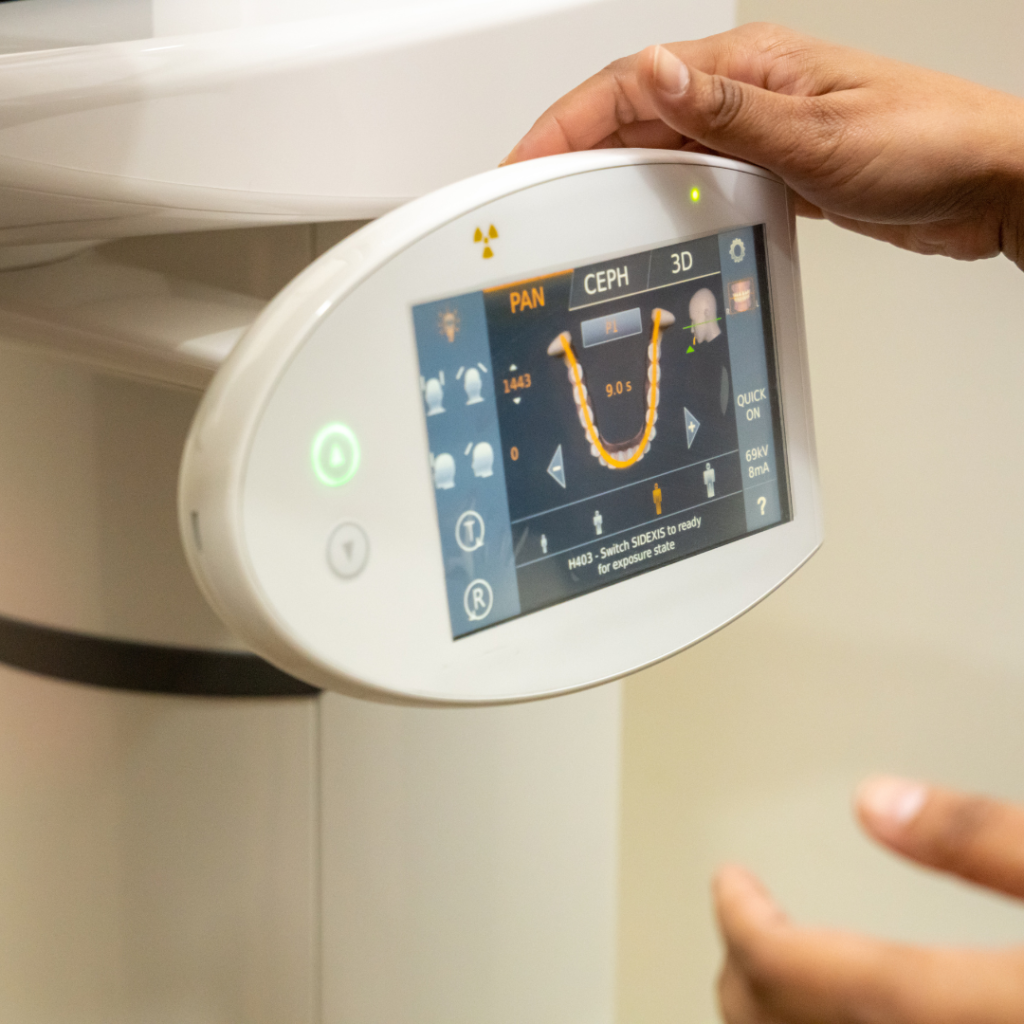
3D CT scan for dental implants
When it comes to dental implants, the 3D CT scanner at Smile Perfections is essential for ensuring optimal results. It provides a detailed, three-dimensional view of your jaw, which allows for accurate planning and placement of the implants.
By evaluating bone density and structure, the scanner helps identify the ideal positioning for implants, avoiding important anatomical areas and increasing the treatment’s success rate.
This advanced imaging technology enhances the safety, precision, and long-term outcomes of dental implant procedures.
Have a question?
FAQ
We are here to help you! Find the answers to some of the most asked questions here.
The procedure itself is typically not painful because local anesthesia or sedation is used to numb the area. After the procedure, some discomfort and swelling are normal as the jaw heals, but it is usually manageable with prescribed pain relief. The level of discomfort varies by individual but is generally described as less intense than a tooth extraction.
You don’t have to be without teeth while waiting for implants to heal. Temporary solutions, such as removable dentures or temporary crowns, can be used to maintain appearance and function while the implants integrate with the jawbone.
Many dental practices, including us here at Smile Perfections in Leicester, offer payment plans or financing options to make treatments more affordable.
The entire dental implant process, from initial consultation to the final crown placement, can take three to six months or more, depending on factors such as healing time and whether preparatory procedures (e.g., bone grafting) are required.
Implants can replace a single tooth, multiple teeth, or even support a full set of dentures. When multiple teeth need to be replaced, fewer implants may be used to support a bridge or a full arch of teeth, which can be a more cost-effective solution.












